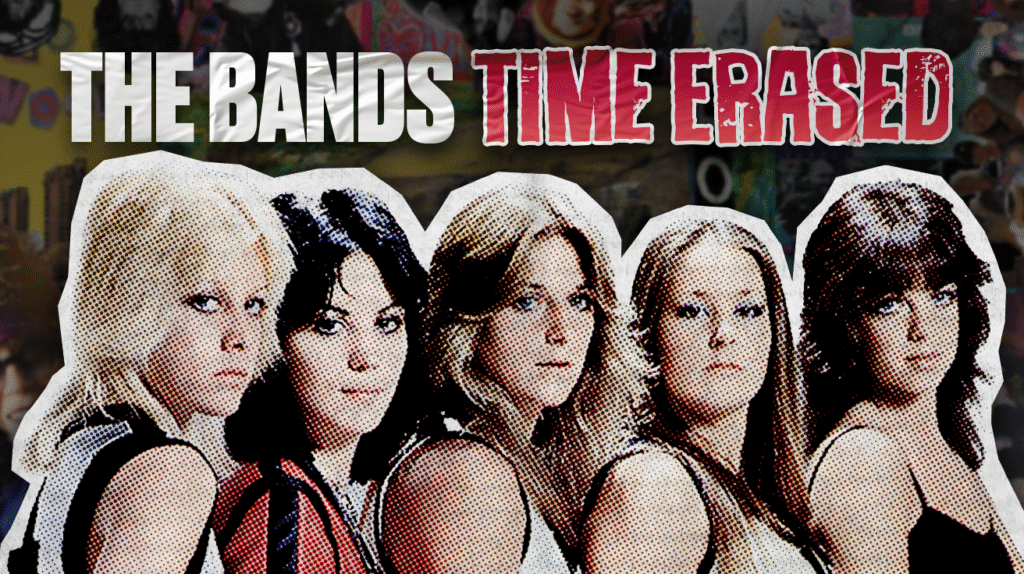
History books love their guitar heroes, but somehow forgot to mention half the musicians who redefined what rock could be. While Hendrix and Page get endless documentaries, these game-changing women crafted sounds that still echo through today’s music, often with nothing but raw talent and absolute defiance in the face of an industry determined to silence them. Their revolutionary contributions deserve far more than the footnote status music history has too often assigned them.
8. The Liverbirds
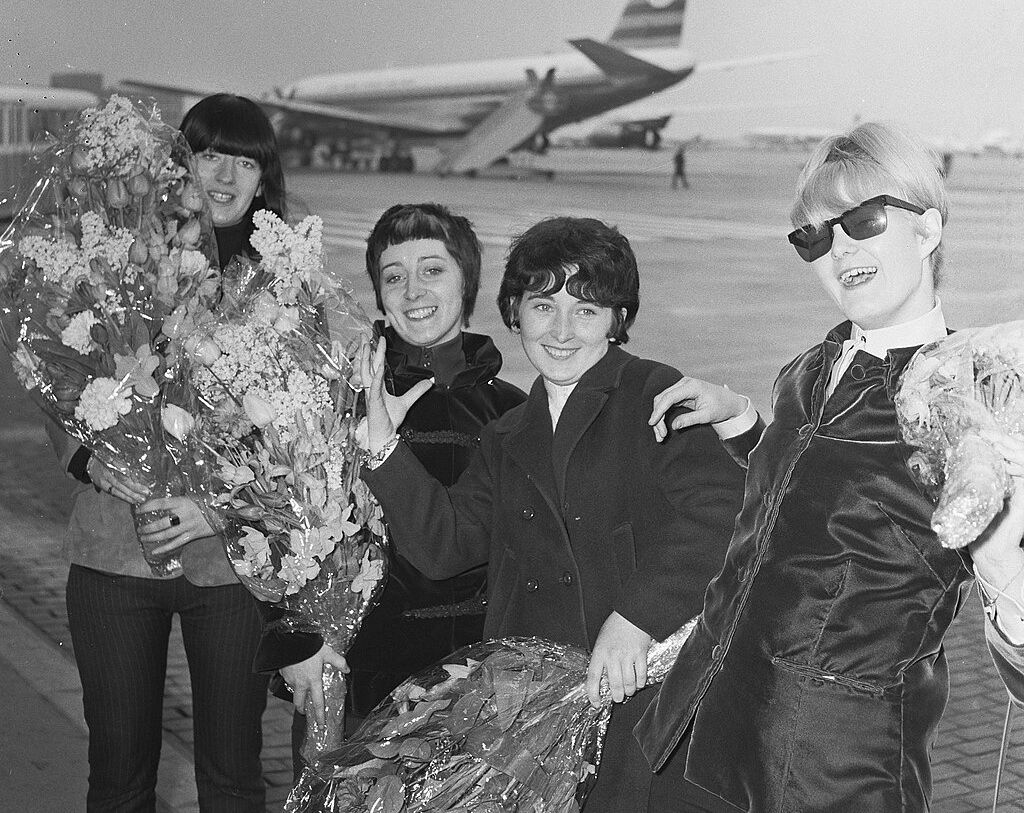
Hailing from Liverpool, The Liverbirds honed their skills in the same gritty venues as The Beatles, earning their “female Beatles” nickname through raw musical chops, not marketing gimmicks. The Liverbirds delivered authentic blues-rock when female musicians were treated as novelties rather than serious artists.
Each thunderous guitar lick laid groundwork for future generations, with echoes of their boundary-pushing sound appearing in everyone from The Slits to Wet Leg. The signature matching suits and low-slung guitars became iconic as they found an unexpected but devoted following in Germany’s rock scene.
7. Goldie and the Gingerbreads
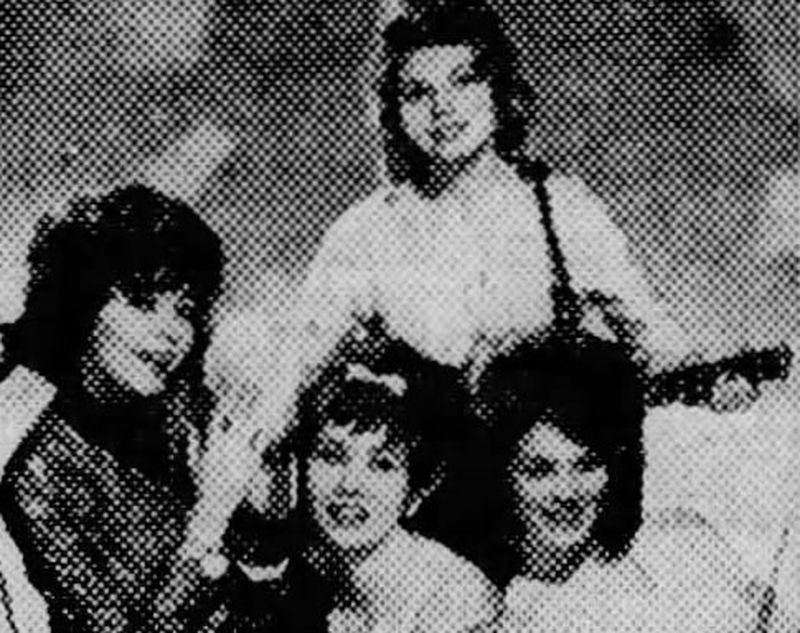
Goldie and the Gingerbreads didn’t just play rock; they shattered glass ceilings as the first all-female rock band signed to a major label. Their jazz-infused sound made waves in the industry, with their track “Can’t You Hear My Heartbeat” releasing before Herman’s Hermits’ version of the same song.
Decades later, breakthrough bands like HAIM continue the tradition of virtuosic female musicianship that these pioneers established. Without the obstacles Goldie and the Gingerbreads overcame, countless women might never have found space in rock’s often-hostile landscape.
6. The Pleasure Seekers
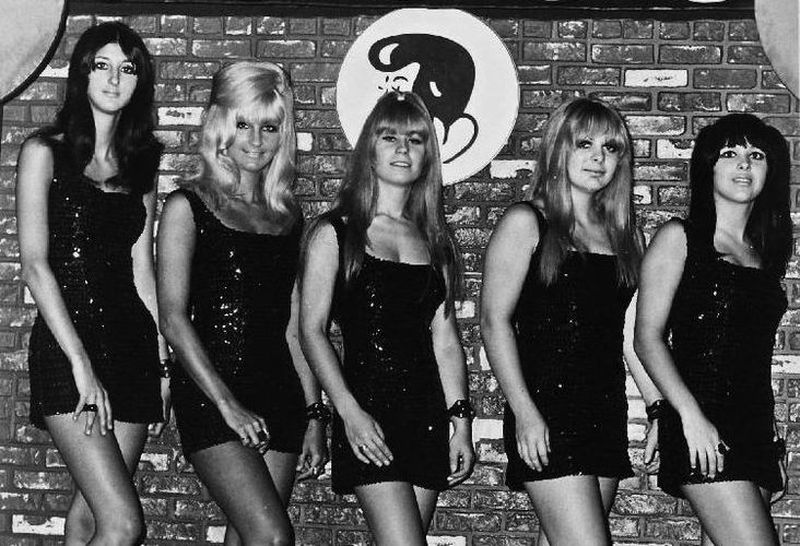
At just 16 years old on average, The Pleasure Seekers were already shaking Detroit’s rock scene to its core. This Motor City outfit featured a young Suzi Quatro and delivered proto-punk attitude years before the movement had a name.
Raucous performances became legendary as these young women played with a ferocity that made industry gatekeepers uncomfortable. Despite their innovation and undeniable stage presence, many forgotten female-fronted bands from the 1970s remain underappreciated outside of dedicated music circles.
5. Fanny
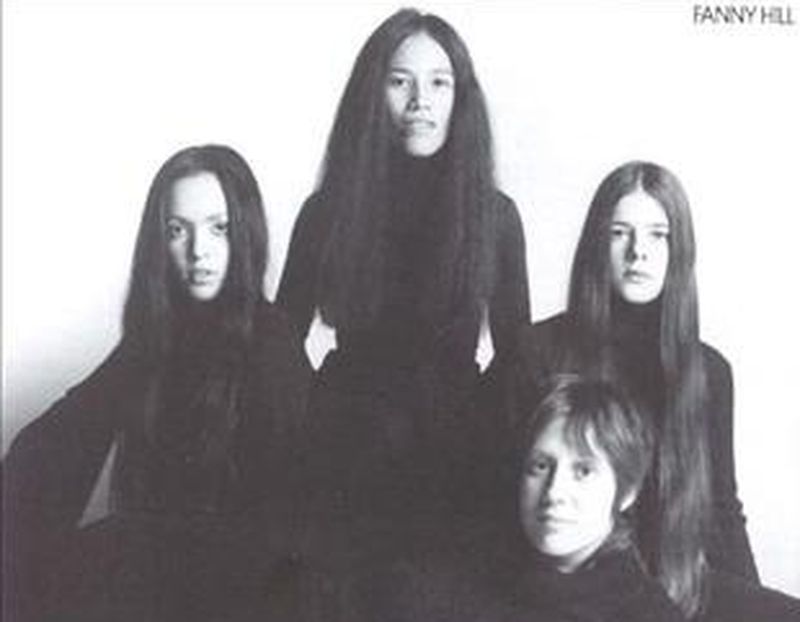
Fanny defined “pioneer” as the first all-female rock band to release an album on a major US label. Their powerful sound came from genuine musical talent, not marketing schemes, with acclaimed albums like Charity Ball and Mother’s Pride showcasing their innovative approach.
Guitarists like St. Vincent and bassists like Meshell Ndegeocello owe a debt to Fanny’s technical virtuosity and fearless experimentation. The music industry’s discriminatory practices and limited radio play couldn’t stop them from fighting for recognition and artistic freedom.
4. The Supremes
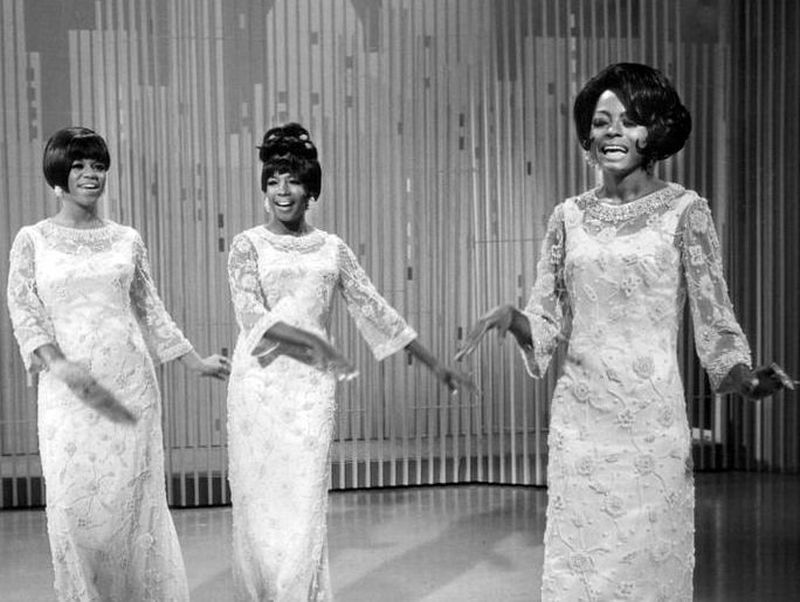
The Supremes weren’t just Motown hitmakers -they were cultural revolutionaries crossing racial barriers when segregation still divided America. Diana Ross, Mary Wilson, and Florence Ballard combined pure, polished pop with soulful depth, creating sounds that transcended categories.
They broke down walls, appearing on mainstream television and performing in previously off-limits venues. Their unprecedented success-from “Stop in the Name of Love” to “You Can’t Hurry Love”-left an enduring legacy that influenced pop culture far beyond the recording studio.
3. The Runaways
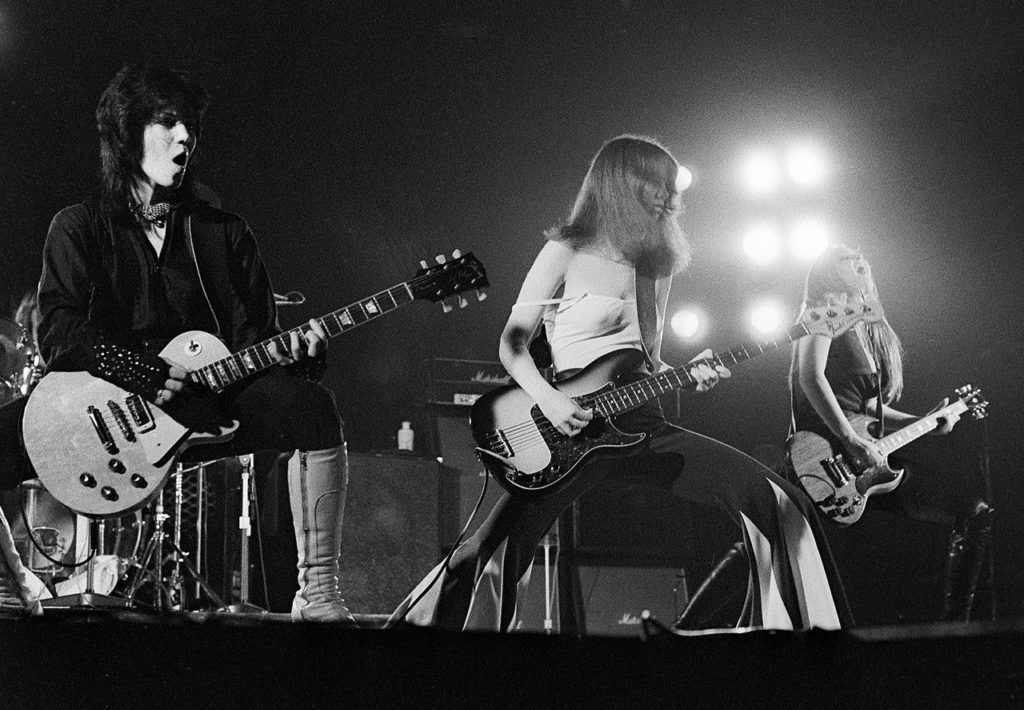
Before Joan Jett and Lita Ford became solo rock icons, they formed The Runaways, an all-girl teenage band that proved young women could dominate rock’s most aggressive corners. Raw, loud, and unapologetically fierce, they defied every gender expectation the 70s tried to enforce.
Their anthem “Cherry Bomb” shattered stereotypes as these teenagers played harder than most men twice their age. The Runaways weren’t just making music- they were declaring independence from a system that wanted to define what women in rock could be.
2. Martha and the Vandellas
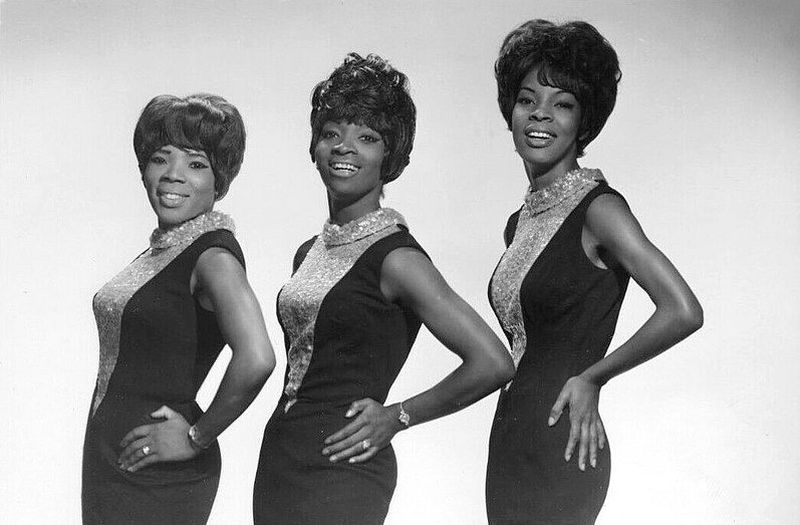
Imagine sunshine laced with soulful grit—that’s Martha and the Vandellas. Among the best female artists of the 1960s, their spirited sound brought something electric to Motown with anthems that transcended entertainment to become social statements. “Dancing in the Street” evolved from a hit single to a Civil Rights movement soundtrack.
Modern soul-pop vocalists from Sharon Jones to Yola draw from the vocal playbook Martha Reeves created. The precision harmonies combined with emotional urgency inspired countless artists who followed, marrying technical excellence with raw emotion in a formula that still drives chart-toppers today.
1. The Ronettes
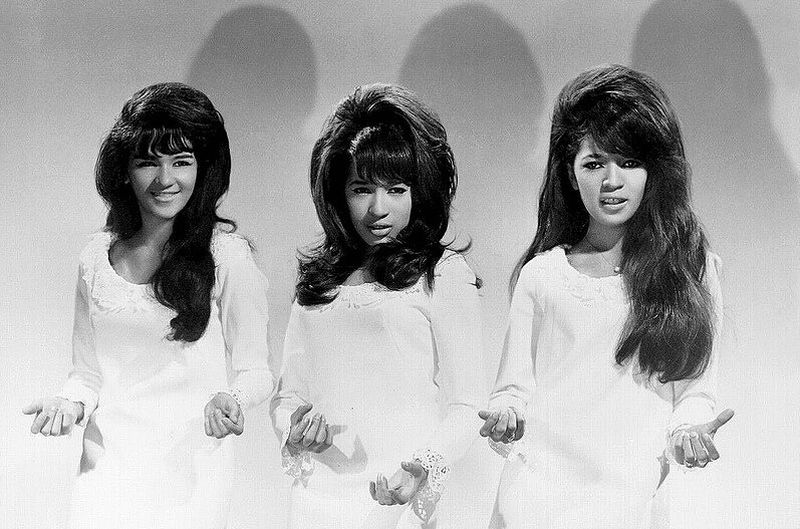
Beehive hair, dramatic eyeliner, and voices that could shake foundations- The Ronettes redefined what girl groups could deliver. Fronted by Ronnie Spector and amplified by Phil Spector’s wall of sound, they transcended being musical acts to become cultural phenomena.
Amy Winehouse built her entire aesthetic and vocal approach on the foundations Ronnie Spector laid, while bands like The Raveonettes borrowed both sonic textures and visual style. Revolutionary touring with The Rolling Stones and even headlining over The Beatles in the UK proved these queens of vocal drama weren’t just pop stars but rock pioneers disguised in cat-eye makeup.





















